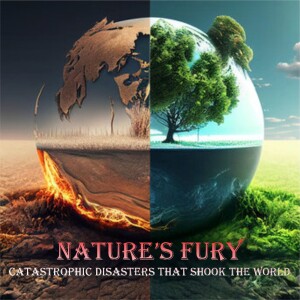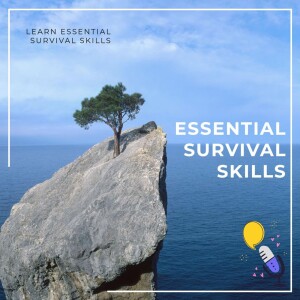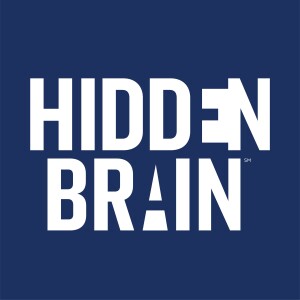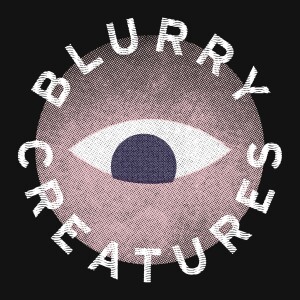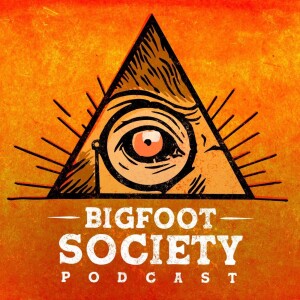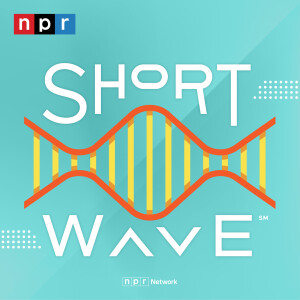

De Jonge Akademie Podcasts
https://app.springcast.fm/podcast-xml/17280Episode List
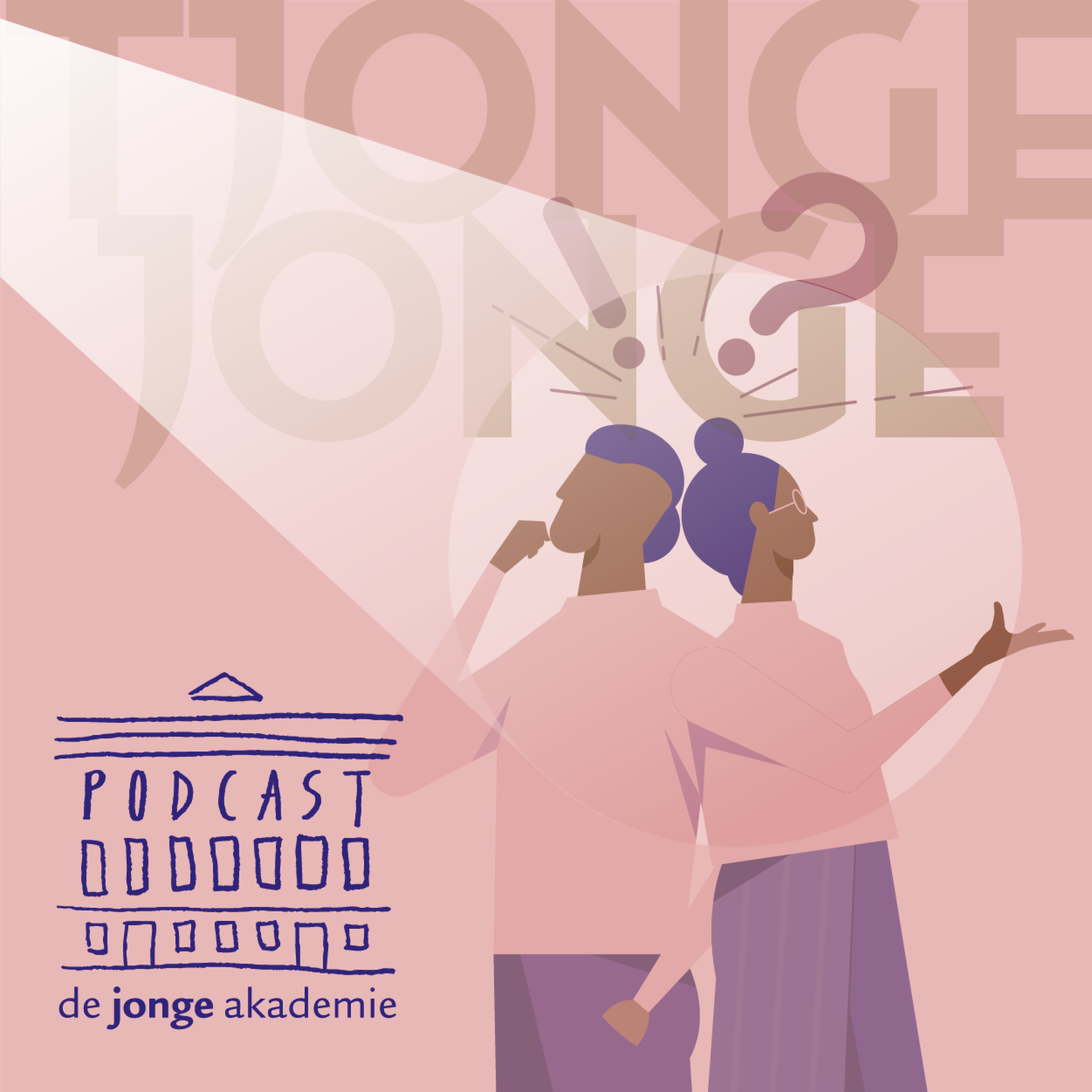
TjongeJonge | Saskia Bonjour on Elected Boards
‘What struck me most, is that it brought so much new energy.’ The department of political science at the University of Amsterdam consists of several programme groups that are now led by elected boards. In this new system, you don’t have to be a full professor in order to lead a programme group. Saskia is proud of this system of governance and explains how it encourages group members to be more involved in the decision-making, but also how it makes her department a more safe environment. Saskia Bonjour is Associate Professor in Political Science at the University of Amsterdam.In this short series, Marie-José van Tol and Sanli Faez, members of The Young Academy discuss some outstanding solutions for common issues experienced at Dutch universities with various guests. In these interviews faculty members from four universities present how a serious and common problem has been solved in their department or institute in a creative way.
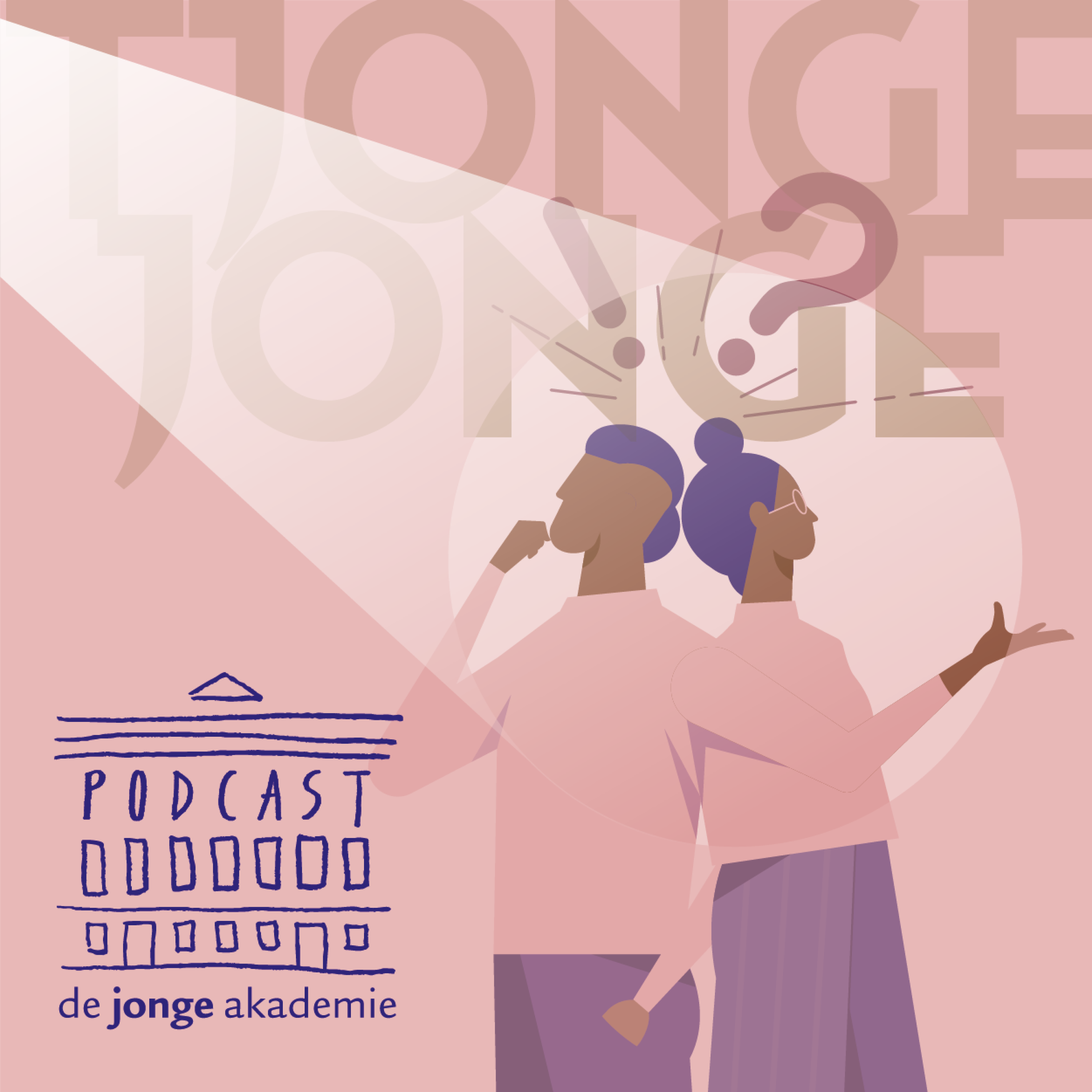
TjongeJonge | Carolien van Ham on Team Recognition
Carolien van Ham was tired of the constant competition in research and joined a department where things are organised differently. Collaboration and team performance, and hiring people with different skills and a collaboration mindset is now what she aims for. At her department at the Radboud University Nijmegen a research prize was awarded to a team instead of individuals.‘Potentially we could generate way more ideas, and science could go way faster if we would be a little bit less competitive and a little bit more collaborative.’ Carolien van Ham is Professor of Empirical Political Science at the Radboud University Nijmegen.In this short series, Marie-José van Tol and Sanli Faez, members of The Young Academy, discuss some outstanding solutions for common issues experienced at Dutch universities with various guests. In these interviews faculty members from four universities present how a serious and common problem has been solved in their department or institute in a creative way.

TjongeJonge | Hilde Verbeek on PhD Supervision Evaluation
PhD supervisors work closely with candidates in shaping their scientific projects. It is therefore important to be approachable. At the Department of Health Services Research at Maastricht University, PhD candidates get several opportunities to evaluate their supervisors and to work together with them as academics. ‘Extreme hierarchy threatens the quality of our scientific work’ says Hilde Verbeek. In this episode she explains how these evaluations have – sometimes in an unexpected way – helped her become a better supervisor.Hilde Verbeek is Professor of Long-Term Care Environments at Maastricht University.In this short series, Marie-José van Tol and Sanli Faez, members of The Young Academy discuss some outstanding solutions for common issues experienced at Dutch universities with various guests. In these interviews faculty members from four universities present how a serious and common problem has been solved in their department or institute in a creative way.
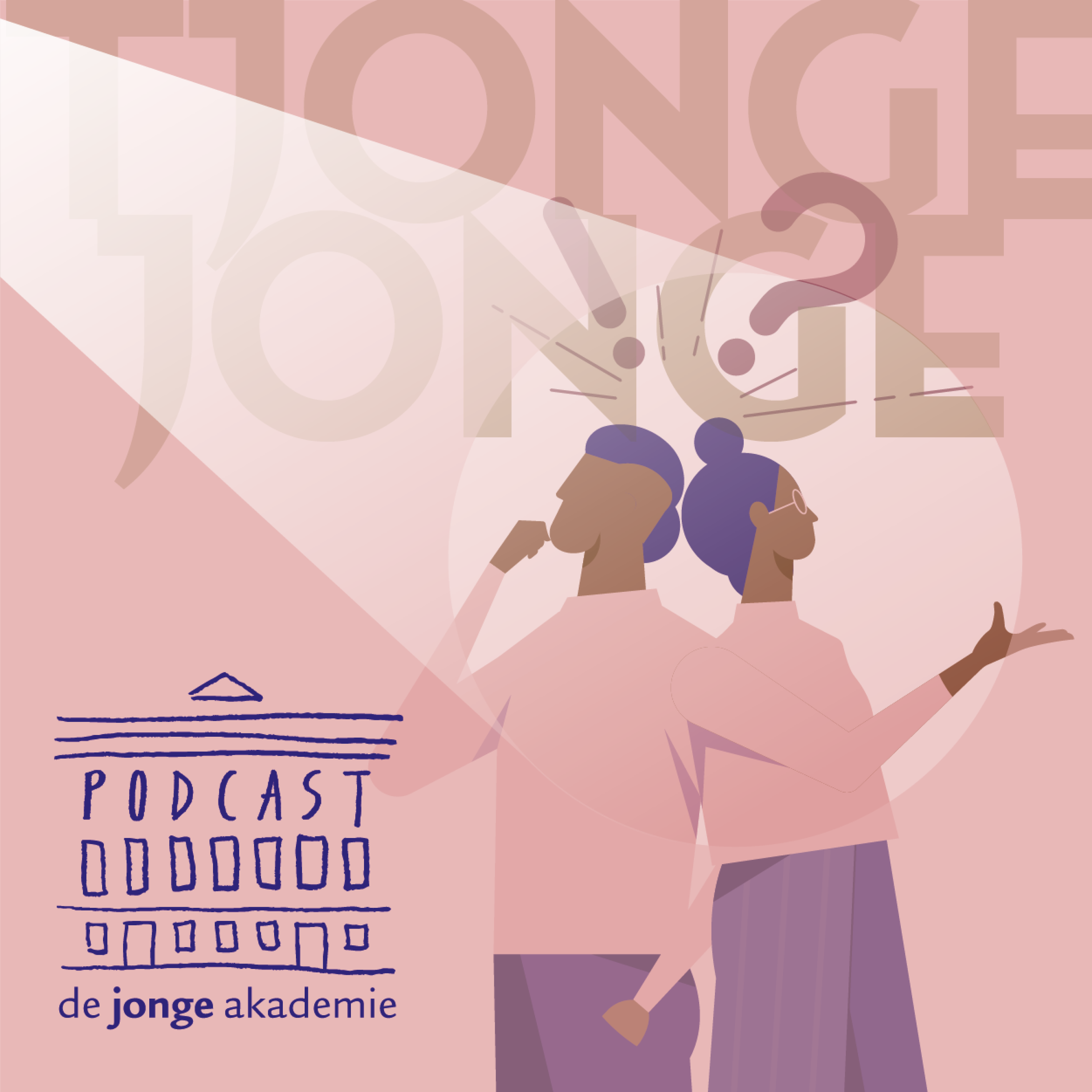
TjongeJonge | Marian Joëls on Impact Profiles
The University Medical Centre Groningen has four career tracks, or ‘impact profiles’, in academic leadership: the ‘classic’ research profile, a special track for clinicians, one for society and valorization, and the fourth one is for education. This system was pushed by Marian Joëls and provides new ways for diversifying academic career tracks. ‘Careers can be diverse and the optimal result is when you really make use of people’s talents.’Marian Joëls is Professor Neurobiology of Environmental Factors. Until recently, she was Dean of Medical Sciences at the University of Groningen and member of the Board of Management of the UMCG.In this short series, Marie-José van Tol and Sanli Faez, members of The Young Academy discuss some outstanding solutions for common issues experienced at Dutch universities with various guests. In these interviews faculty members from four universities present how a serious and common problem has been solved in their department or institute in a creative way.

Aan de top! Claes de Vreese zoekt verschillende kwaliteiten in een team (afl. 6)
Claes de Vreese spreekt over het erkennen van verschillende kwaliteiten in een team, het belang van team science bij het oplossen van maatschappelijke vraagstukken en waarschuwt voor te snelle implementatie van Erkennen en Waarderen. De Vreese is universiteitshoogleraar kunstmatige intelligentie en maatschappij aan de Universiteit van Amsterdam.
Create Your Podcast In Minutes
- Full-featured podcast site
- Unlimited storage and bandwidth
- Comprehensive podcast stats
- Distribute to Apple Podcasts, Spotify, and more
- Make money with your podcast
